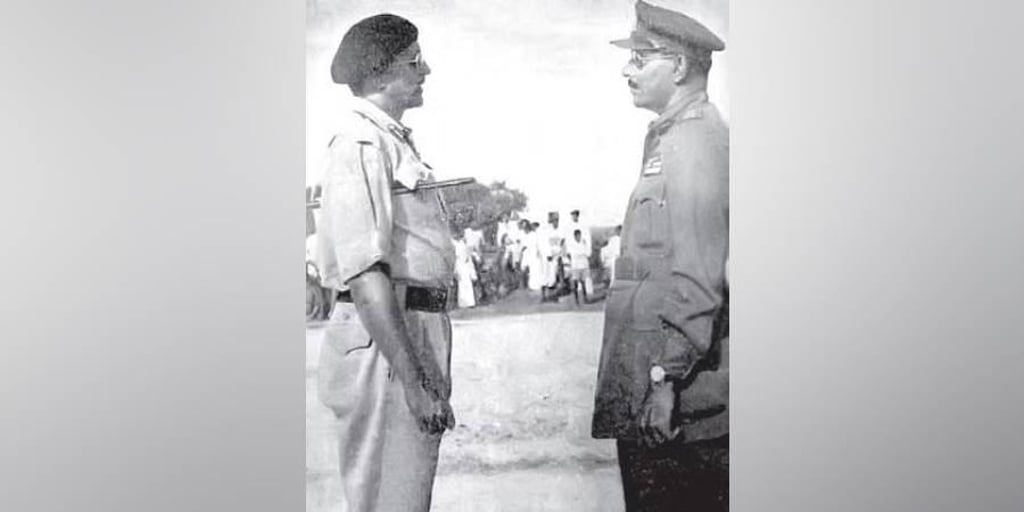Nehru and Patel’s role in Hyderabad’s transition from monarchy to democracy is often criticized, but these accusations ignore the complexity of their aspirations.

Hyderabad’s Integration: A Struggle Between Aspiration and Accusation
The debate surrounding Hyderabad’s accession to India post-Independence is often riddled with accusations against Nehru and Patel, casting their actions in a negative light. Critics argue that the two leaders mishandled the situation, tarnishing their image as champions of democracy. However, such criticism is biased, and overlooks the complexity of their ambitions and the challenges they faced during one of the most tumultuous periods in Indian history.
At the heart of the issue was the Nizam of Hyderabad’s resistance to joining India. Nehru and Patel were not dealing with a simple administrative problem but a deeply entrenched monarchy, one that held sway over a culturally diverse population. The challenge was how to transition this princely state into the Indian Union without sparking unrest or harming communal harmony.
Nehru, a staunch advocate of democracy, believed in integrating Hyderabad peacefully through dialogue. Patel, on the other hand, was more pragmatic, advocating for decisive action when it became clear that the Nizam would not easily relent. Operation Polo, the military intervention that followed, is often used to criticize them. But in truth, it was a reluctant decision, taken when diplomatic efforts failed.
The accusation that Nehru and Patel lacked foresight is a narrow reading of history. Their aspiration was to bring Hyderabad into the fold of a democratic India without unnecessary bloodshed. However, the complexities on the ground made this task incredibly difficult. Religious divisions, the Nizam’s own ambitions, and external pressures from Pakistan added to the intricacies of the situation.
While their aspiration may not have fully fructified in the manner they hoped, labeling their efforts as failures ignores the bigger picture. Hyderabad’s integration was not merely about dethroning a monarch but about uniting a fragmented nation. The criticism that has emerged in recent years, often directed at their personalities, diminishes the monumental challenges they overcame to uphold India’s unity.
In hindsight, Nehru and Patel’s approach was far from perfect, but it was driven by a vision of a democratic India. Their efforts, though incomplete in some respects, should be seen not as a failure but as a step toward a larger democratic goal.